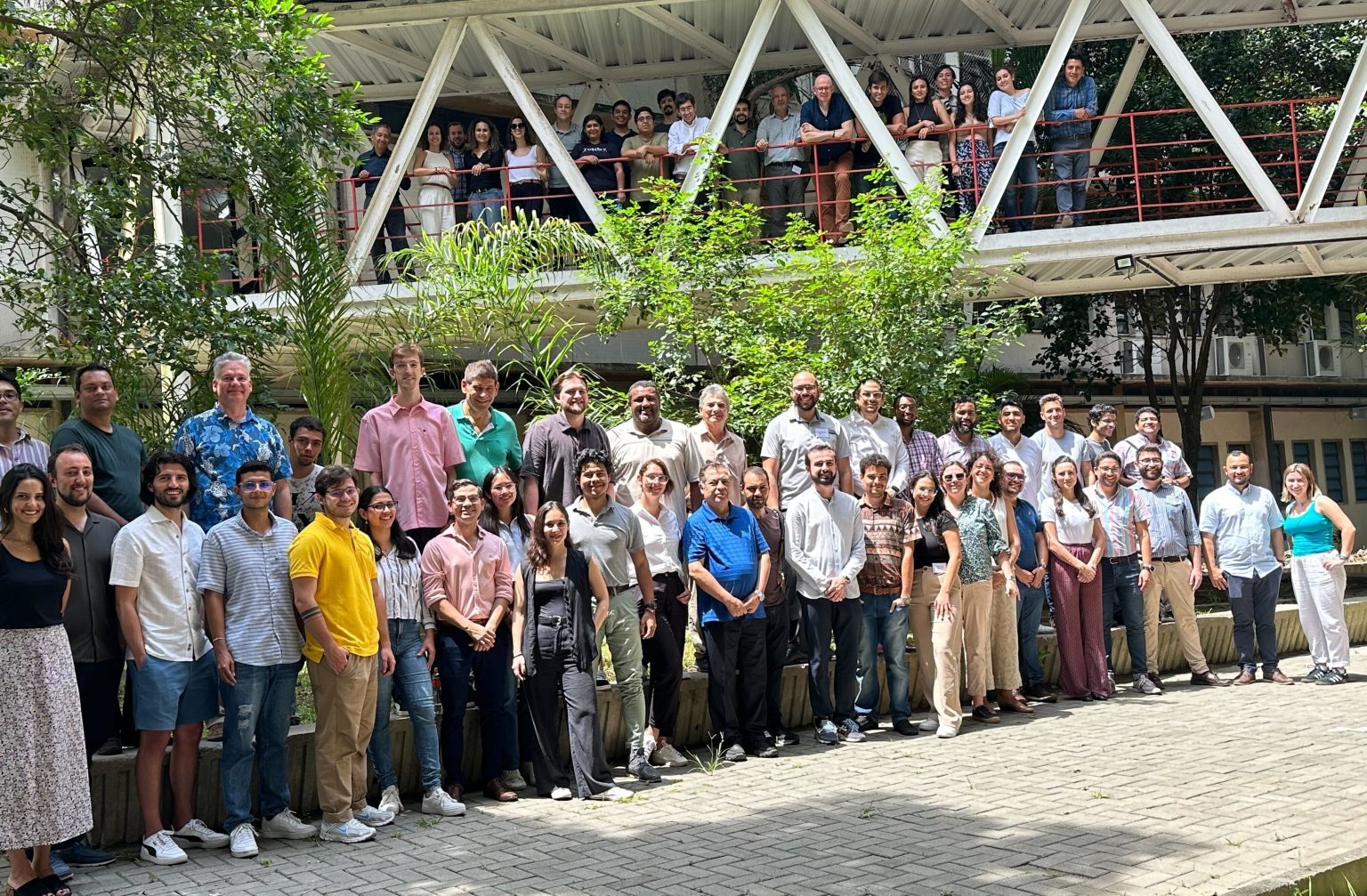In collaboration with international partners, universities, and other organisations, CCG’s capacity building unit – under International Partnerships – offers various opportunities for academics and policymakers alike to expand their skills and knowledge in the field of energy transition.
These opportunities revolve around sustainable capacity building, lasting skills development, and accreditation. Offers range from self-administered courses, to in-country or international capacity-building events, to setting up courses in universities and government establishment.
Please note, the most complete type of capacity building engagement that CCG offers is the Bootcamps, which include attendance at Energy Modelling Platforms, paper writing, embedding teaching curricula in university courses, and other exciting offers.
Free training, available online for introductory self-learning, hosted by the Open University.
A series of annual programmes for Africa, Latin America and the Caribbean, and the Global Community. These offer intermediate training, in-person, with practical applications.
After training, the Energy Modelling Community offers sustained professional development, though a LinkedIn Community.
Intensive coaching support to help with the delivery of specific analytical products. There are four types, Scholars, Partners, Data-to-Deal, and FlatPack
Off-the-shelf course materials for graduate degree programmes. This can help an academic institution quickly and seamlessly start a new energy modelling course.
A funding framework established through a Memorandum of Understanding between the Climate Compatible Growth (CCG) Programme and the Abdus Salam International Centre for Theoretical Physics (ICTP). It aims to strengthen research and training capacity in the Global South by supporting open science, academic collaboration, and locally led climate and energy analysis.

